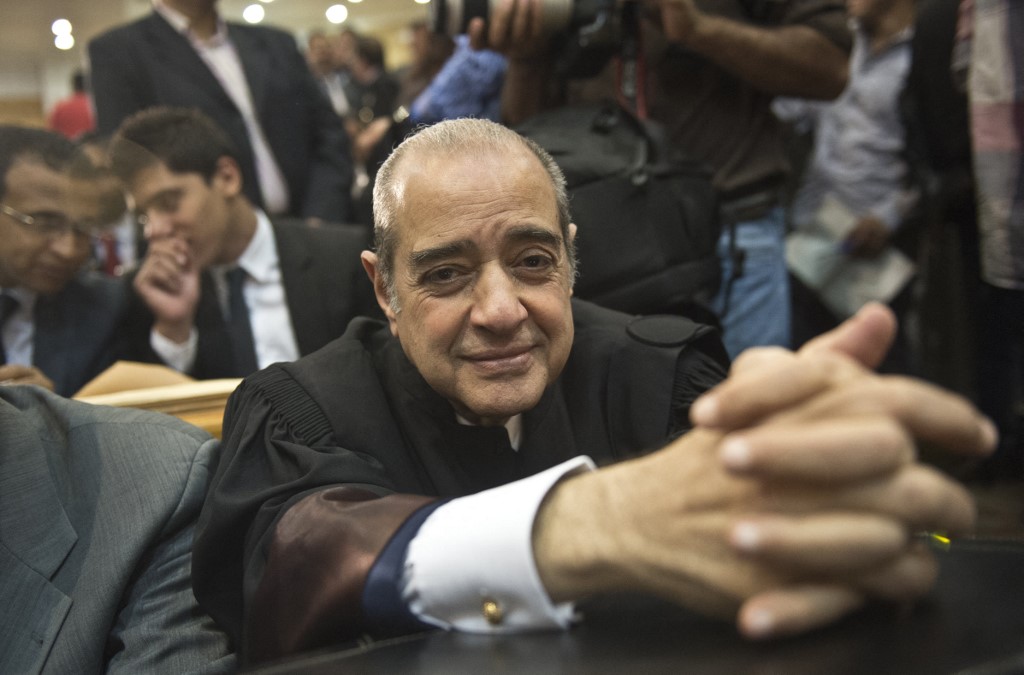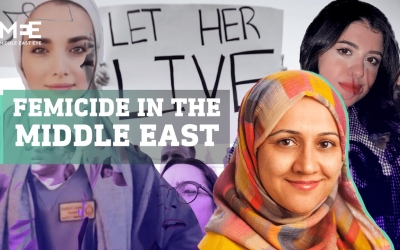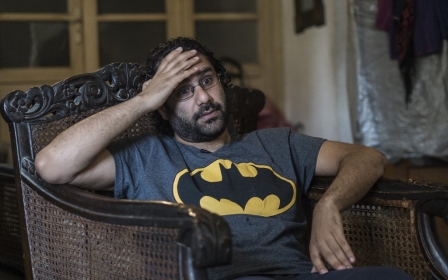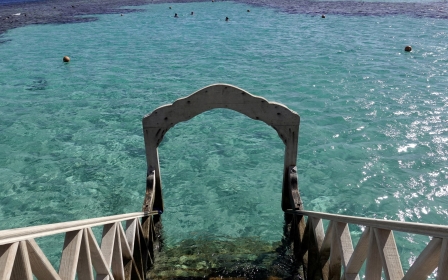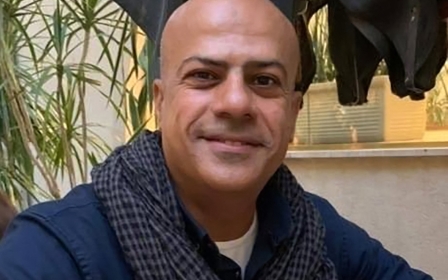Nayera Ashraf: Egypt's celebrity lawyers flock to murder case that shocked the Arab world
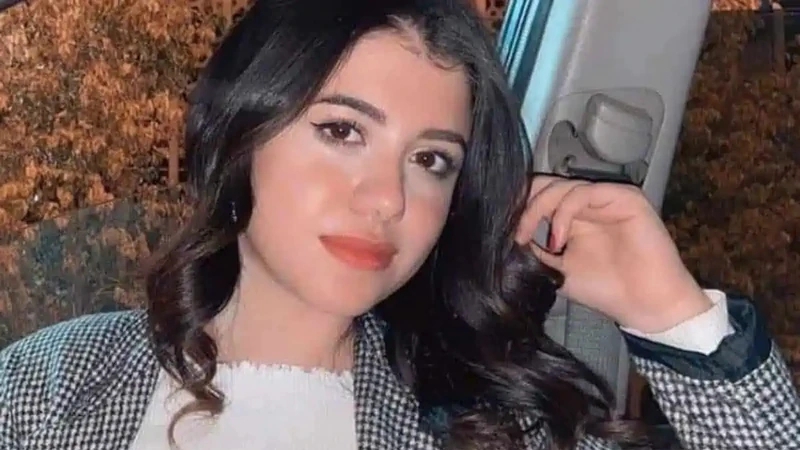
When Nayera Ashraf, a 22-year-old student in the Nile Delta city of Mansoura, was murdered in broad daylight last month, the Egyptian justice system moved in lockstep with the outrage of public opinion.
Her killer, fellow university student Mohamed Adel, admitted to the murder, and it emerged he had been rebuffed by Ashraf for seven years before targeting her in a brutal knife attack caught on camera.
The case sent shockwaves across Egypt and the Arab world, and transformed into a huge national debate about whether authorities are doing enough to protect women on the streets.
Egypt's public prosecutor referred Adel to the Mansoura Criminal Court only two days after the crime, in the country's swiftest ever referral. When Adel was convicted on 28 June, it appeared the bloody and tragic episode had been concluded.
Instead, some of Egypt's most famous lawyers have taken on the case, with Farid al-Deeb, who is notorious for defending late president Hosni Mubarak, even coming out of retirement to defend Adel and lodge an appeal.
New MEE newsletter: Jerusalem Dispatch
Sign up to get the latest insights and analysis on Israel-Palestine, alongside Turkey Unpacked and other MEE newsletters
It is a move that has baffled Egypt, and left people wondering why the lawyers are reviving an incredibly painful case that looked open and shut. For many, it looks like an exercise in self-promotion.
"This is a major case, and some lawyers want publicity for themselves," Negad El Borai, a leading lawyer and human rights defender, told Middle East Eye.
From Mubarak to murder
In 2015, Deeb, Egypt's most famous criminal lawyer, stood in a courtroom on the outskirts of Cairo to launch a strong-willed defence of Hosni Mubarak, who had been forced from office four years earlier after three decades in power.
'This is a major case, and some lawyers want publicity for themselves'
- Negad El Borai, lawyer and human rights defender
Mubarak and his sons were in court facing a long list of charges, including corruption and ordering the killing of peaceful demonstrators during the 18-day uprising against his regime in 2011.
By taking on such a case, Deeb showed he cared little about public sentiments or the tide of public opinion.
And he succeeded in getting the ex-president and his two sons out of jail with only light sentences, following a six-year trial that left a bitter taste in the mouths of tens of millions of Egyptians who hoped that Mubarak would pay for the pains he inflicted on them all those years.
When the curtain fell on the case, a proud Deeb stood outside the court, holding his famous Cuban cigar and declaring to the media that he cares the least about what people feel and the most about enforcing the law.
Today Deeb is a lot older and more frail. Yet that same will to sail against the tide clearly remains, though why Ashraf's case appeals to him is unclear.
Adel is not a politician or wealthy businessman. This is not a multimillion-dollar case, and the defendant appears to have little money and zero political connections.
Adel was sentenced to death on 6 July after a trial that was watched closely by the public across Egypt and the Middle East and North Africa. When he was convicted a week earlier, the judge launched into a diatribe against the defendant, reading out a powerful statement that had an emotional impact on many of the tens of millions following the proceedings.
Yet to the surprise of everybody, Deeb emerged after five years in retirement to declare he would defend Adel in an appeal.
He alleged there were loopholes in the trial proceedings, including the judge's diatribe, which was made before the verdict had been read out.
Deeb is known for charging millions of dollars to defend his clients. When asked by journalists who would pay him, the lawyer said he would be paid by some people who called him from Greece, but refused to disclose their identity or how they were related to Adel.
The mysteries piled up further a short time later, when another very famous and controversial lawyer declared that he would act on behalf of Ashraf.
Mortada Mansour, a former judge, MP and president of one of Egypt's top football clubs, said he would do so to add some balance to the case.
Another famous lawyer, Bahaa Abu Shoqa, said he would join Mansour on behalf of Ashraf to defend law and justice.
"Ashraf was murdered twice - one time by Adel and another time by society, which defamed her after her death," Mansour said.
Online, Egyptians have commented that the case is beginning to descend into farce.
"Planet's top match and the Bar Association's derby: Mortada Mansour vs. Farid al-Deeb," one man commented sarcastically on Twitter.
"Mortada Mansour vs. Farid al-Deeb in a final as important as the Champions' League final," wrote another.
Deeb's true motivations in the case are unclear to many and much speculated on in the Egyptian media. When asked why Deeb was defending Adel, Mansour said he doubted his opposite number was in search of financial gain.
Nevertheless, some legal experts believe Deeb must have been contacted by Adel's family. Salah al-Tahawi, a professor of law at Helwan University, told MEE: "I do not think he needs publicity."
"A lawyer can also volunteer in a case where he believes the defendant had experienced some injustice," he added.
But for Borae, the human rights defender, the notoriety of this case means publicity will always follow and must be a factor: "Everybody is enthusiastic about this case because it is closely followed by the members of the public."
Middle East Eye delivers independent and unrivalled coverage and analysis of the Middle East, North Africa and beyond. To learn more about republishing this content and the associated fees, please fill out this form. More about MEE can be found here.


